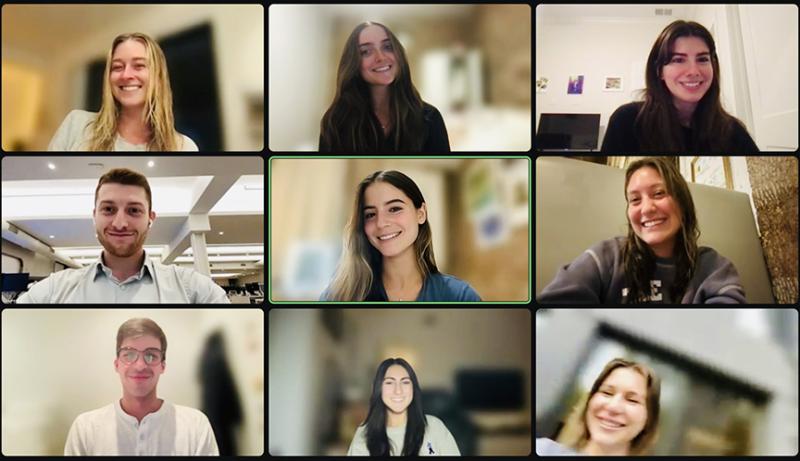The Center for Public Service Director’s Advisory Council (CPS DAC) was established to bring to the Executive Director extramural experience and perspective in the formulation of future objectives and initiatives of the Center for Public Service. Council members, having gained first-hand knowledge of the center through advisory council affiliation, take on leadership roles as informed ambassadors and advocates for the center The purpose of the Director’s Advisory Council of the Center for Public Service is to serve as an advisory group to the Executive Director, bringing the perspectives of representative alumni, parents, and friends of Tulane to bear on matters of vision, programs, and goals of the center, particularly as it relates to CPS’ messaging, marketing, and fundraising to external audiences. This council will work to advance the mission of the center and to support its external efforts

The Center for Public Service Young Alumni Advisory Council ( CPS YAAC) was established in the spring of 2021 with a group of newly graduated alumni with the hope of creating a forum to voice their experiences and to help grow and support the Center for Public Service after graduation. The purpose of the council is to find ways to help young alumni stay connected to the Center for Public Service and the city of New Orleans in a new and innovative way. Council members work together to establish guidelines and committee structures (engagement, community service, graduate, and recruitment), offering new opportunities for young alumni to engaged. Members of this council serve as ambassadors for the annual Tulane Give Green Day and coordinate community service event twice a year, where the CPS DAC and CPS YAAC members come together and engage in a meaningful project with one of the local partners in the New Orleans community.
Member names: Brynley Close (2021 BA, 2022 MS), Sophie Glynn (2021 BA), Max Landy (2021 BA), Sydney McMurray (2022 BSM/MACCT), Jenna Messing (2022 BSPH/MPH), Racy Moran (2021 BA, 2023 BSPH/MHA), Nick Pappas (2022 BA), Tess Rebold (2021 BA), Caroline Taylor (2024 BA, Eden Jurick (2023 BA)
